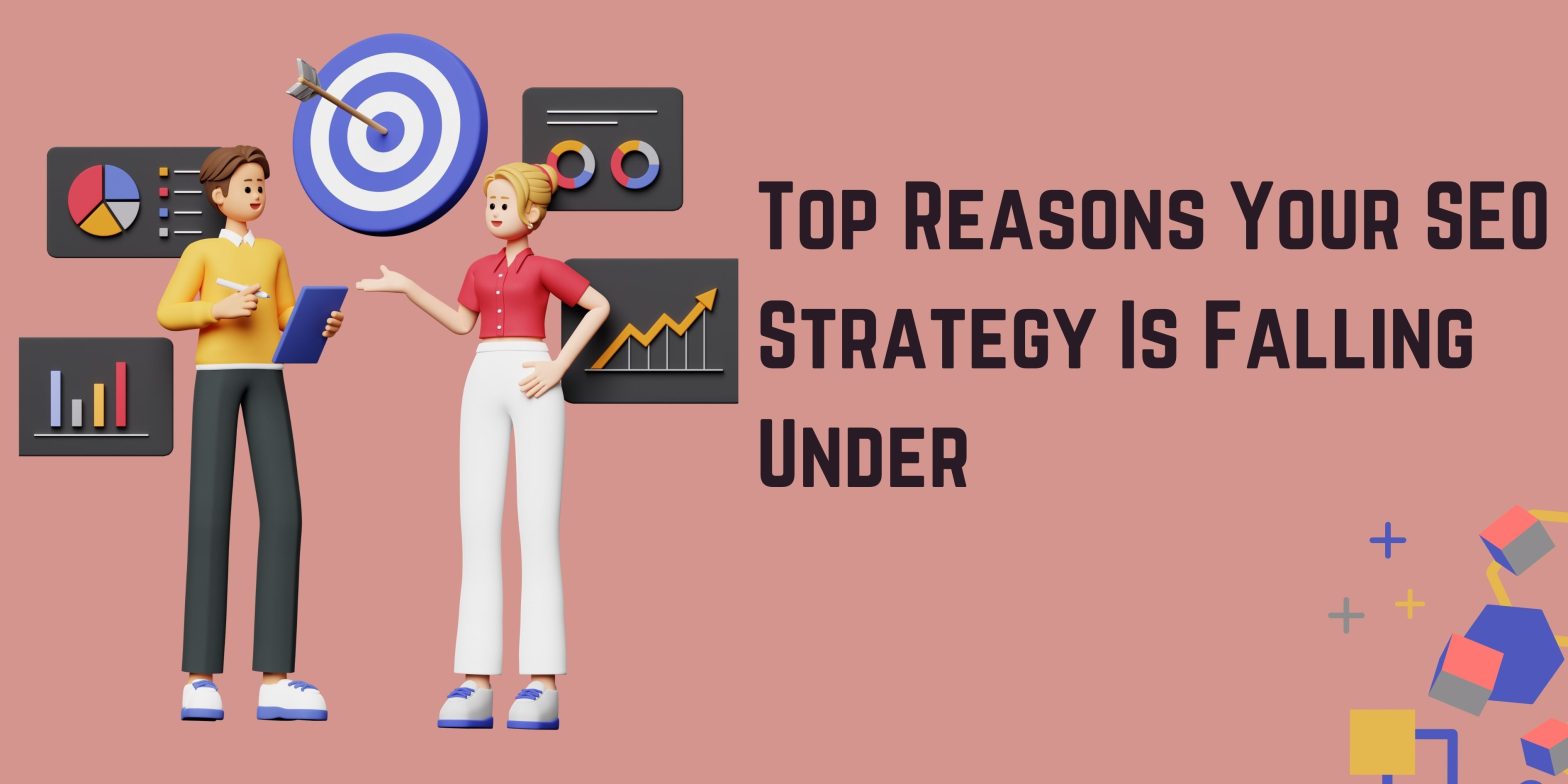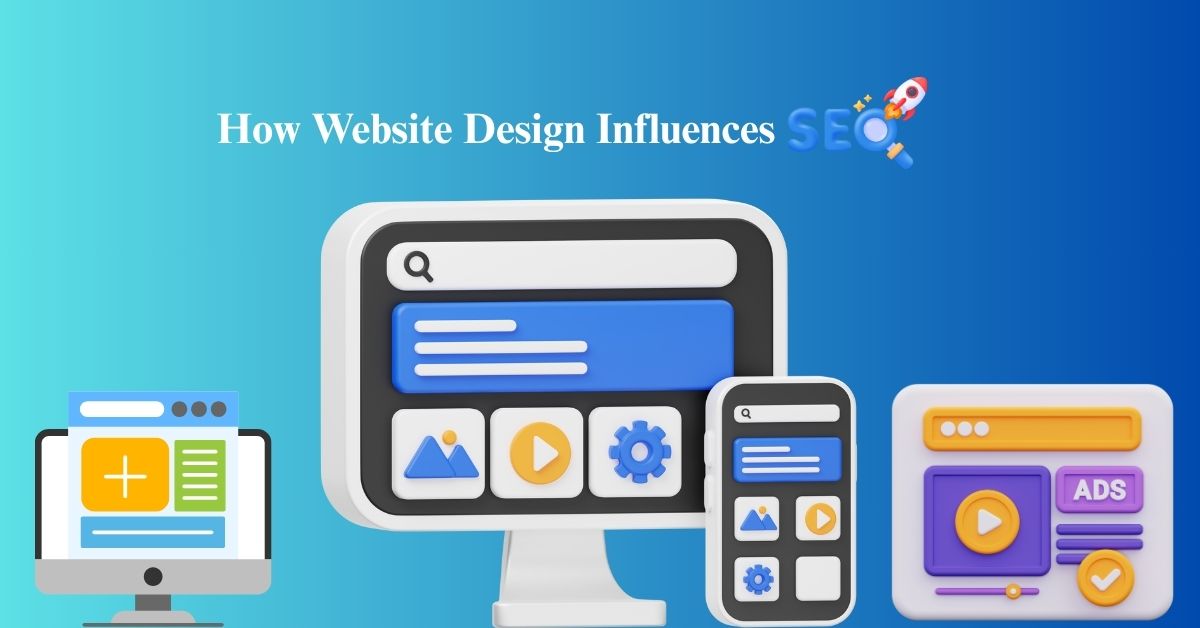
TABLE OF CONTENTS
- Reasons Why You’re Falling Short on SEO
- Lack of Mobile Optimization:
- Backlink Profile Issues:
- Ignoring Local SEO (if applicable):
- Inconsistency and Lack of Patience:
- Inadequate Competitor Analysis:
- Ways to Get Your SEO Strategy Work
- Make the Most of SEO in New Zealand
Nothing hurts more than stagnant traffic.
Worse is, when you witness a dip in organic traffic on your website and don’t know what to do about it.
There are a myriad of reasons as to why you might be facing this problem.
To reverse this situation, you must know the gaps in your SEO strategy that may be leading your efforts to go to waste. The sooner you diagnose the problem, the faster you can see the results.
Reasons Why You’re Falling Short on SEO
1. Underperforming Content
Content is one of the prerequisites in SEO strategy —- no matter how much budget or an expert SEO team on your side, you will always need content to boost your organic traffic.
Why? Because SEO is not merely focused to get crawlers’ attention, but to connect with the end users and help them get the information they need. Good content goes a lot of ways to communicate the right message to users, to inform them, and help them make a decision.
It’s funny how still so many marketers can’t get their content game right.
informative content that provides value to users. Discuss the need for fresh, well-structured content that addresses user search intent.
Content Cannibalization:
search
Content cannibalization is when multiple pages on your website compete for the same keywords and user intent. Search engine crawlers are constantly distinguishing your pages at a time and when they find there are multiple pages trying to accomplish the same thing, i.e. targeting users with the same approach, they may get bamboozled.
This may seem like a simple mistake on the surface, but it can hold you back from ranking higher.
Parasite SEO:
To put it accurately, parasite SEO is a practice wherein weak or less substantial content is published on a highly performing website to get a backlink to the reference website. This means that you’re riding the coattails of a popular site by publishing low-quality content on an authoritative third-party website to improve your own rankings.
This was a common practice for many marketers once. But nothing keeps hidden from search engines for too long. Google has been taking proactive steps to identify weak content that is published out of context and is published under the guise of aiding users with information.
If you’ve been outranked through parasitic SEO efforts in the past, this is your sign to adopt a better strategy.
2. Lack of Mobile Optimization:
In today’s mobile-first world, overlooking mobile optimization is a recipe for SEO disaster. Search engines prioritise mobile-friendly websites for search results. Discuss the importance of a responsive website design that offers a seamless user experience across all devices (desktop, tablet, mobile).
Neglecting User Experience (UX):
Modern SEO goes beyond just keywords and technical aspects. It’s crucial to understand and cater to user experience. Explain how user engagement metrics like bounce rate and time on site are crucial ranking factors. Discuss creating user-friendly interfaces, clear navigation, and fast loading times to keep users engaged on your website.
3. Backlink Profile Issues:
Backlinks (links from other websites pointing to yours) are a cornerstone of SEO. However, the quality and relevance of backlinks matter more than just quantity. Discuss the dangers of buying backlinks or participating in link schemes. Emphasize the importance of acquiring high-quality backlinks from reputable websites within your niche.
4. Ignoring Local SEO (if applicable):
If your business operates locally, neglecting local SEO is a big miss. Explain how local SEO strategies like Google My Business optimization and location-specific keywords can significantly improve your local search rankings and attract customers in your area.
5. Inconsistency and Lack of Patience:
Some people rush SEO and discontinue when they don’t see significant results in the initial months. They think that publishing more content, producing more backlinks, aggressive email campaigns and posting more on social media may do the trick, while all they’re doing is spamming the web.
What they don’t know is that SEO is a marathon and not a sprint —- carried out each day for weeks till they get it right.
Search engines favour websites that demonstrate ongoing activity and value creation. You don’t need to add to the noise that’s already there. This includes prioritising quality over quantity. Publishing well-researched content twice a week instead of 4 times will be valued more by your users. This gives you more time to analyse user response to your strategies and tailor them to get better results.
Even though SEO results can take months to become evident, they will pay off in the long run and will keep rewarding you with consistently growing traffic.
6. Inadequate Competitor Analysis:
Understanding your competitors’ SEO strategies is crucial for staying ahead.
Analyze their top-ranking content and identify their keyword targets.
Look for opportunities to create better, more informative content on similar topics.
Ways to Get Your SEO Strategy Work
Shortcuts in SEO mean one step forward and three steps back — the lesser efforts you give to achieve results, the more time and money it will take you to get them fixed in the future.
This will include hiring a professional SEO team or an agency to make up for the technical and content debt. So, in one way or the other, you will have to give Search Engine Optimization your undivided attention so you can reap its benefits.
1. Fix Content Cannibalisation
Conduct a thorough content audit to identify overlapping content.
Consolidate or merge content where appropriate.
Employ internal linking to strategically connect related content.
Utilize 301 redirects to point duplicate pages to the most relevant one
2. Perform Adequate Competitors Analysis
Here are some methods for competitor analysis:
Use SEO tools to identify your competitor’s organic keywords and backlinks.
Analyse their website content structure and on-page optimization techniques.
Stay updated on their content marketing strategies and industry trends.
3. Stay on Top of SEO Trends
Search engines do not punish your website only for performing questionable SEO practices. Manytimes, it may be a sign that you need to keep your SEO strategy in line with the latest trends and news.
For instance, Google always releases its updates during different times of the year to make its user journey as seamless and helpful as possible. If you don’t pay a lot of attention to these updates, your website may be at risk of getting banned or getting neglected by Google forever.
You can begin by following certain online spaces such as forums, websites, YouTube channels, podcasts, newsletters or subscribe to marketing gurus leading the spectrum.
Make the Most of SEO in New Zealand
The best approach in SEO is to be thorough —- anything less is underperformance.
Remember, you don’t have to keep your head above water, but to swim through the tides and surfboard like a pro.





